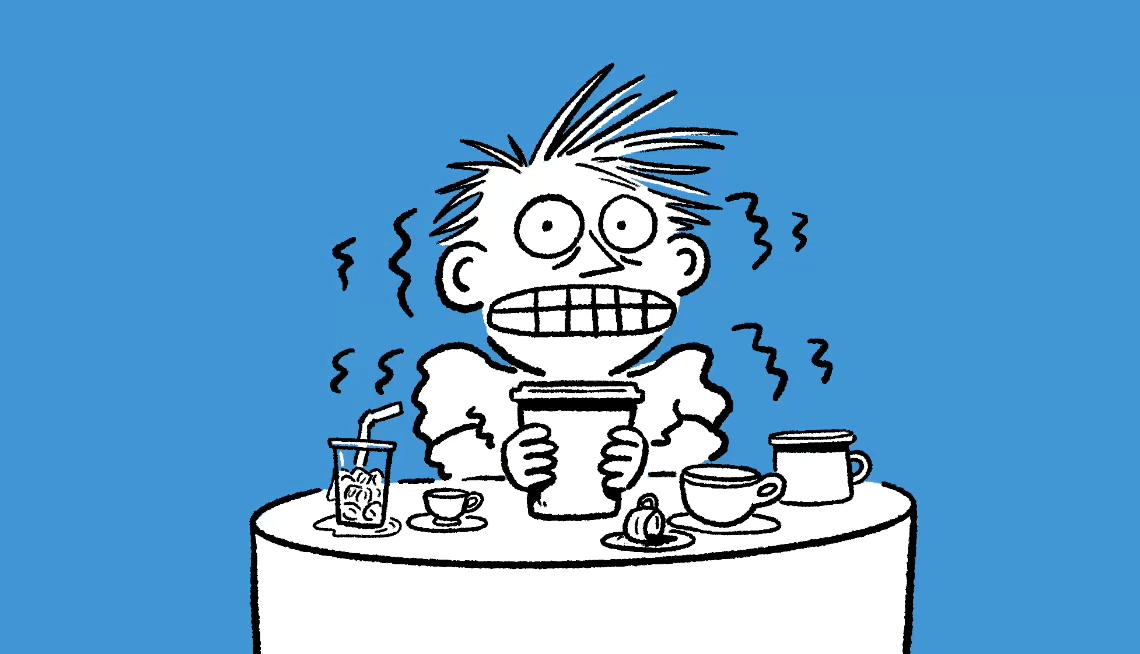AARP Hearing Center


Is coffee good for you or bad for you? It seems like every week there’s different advice!
I like the way you asked this question because it’s something we’ve all had to deal with.
Over the years, the benefits or possible downsides of coffee have swung back and forth. Where it stands matters to a lot of people since 72 percent of those age 60 years and older still enjoy their cup of joe. If you’re one, you’ll probably be happy to learn that the overwhelming weight of evidence currently points to coffee’s many health advantages.
Research has suggested that people who regularly drink coffee have a reduced risk of several health conditions, including heart disease and stroke, diabetes, kidney and liver disease, as well as colon cancer. In addition, drinking coffee has been linked to a lower chance of developing Parkinson’s disease. But these findings aren’t sure things. I want to explore what we know about coffee’s pros and cons.
One of the undeniable benefits for older adults trying to lose or maintain their weight is that the caffeine in coffee speeds up our metabolism, which in turn, helps to burn calories and suppress appetite. Some folks choose a mid-morning cup for an energy boost instead of a snack. But there’s a caveat: An 8-ounce cup of black coffee is only around 2.4 calories. I like mine with a splash of nonfat milk and that’s around 23 calories. But some specialty coffees with their heavy creams and sugary additives can be as high as 600 calories. This kind of coffee has few, if any, health perks, especially if you’re watching your weight or cholesterol levels.


Ask Dr. Adam
Adam B. Rosenbluth, M.D., is an internist and cardiologist in New York City. Each Monday, he’ll weigh in on your questions about how to make your body work better for you. His AARP book will be published in 2027. Join in on the conversation on social media @dradamrosenbluth to learn to move the needle on your personal health in an achievable way.
Coffee also seems to have a positive effect on our brain’s activity. For example, one brain imaging study found that coffee enhances the connectivity in our memory and decision-making areas. In moderation, it can also have an anti-inflammatory effect on our body’s organs, including the brain, which may lead to a lower risk of conditions such Alzheimer’s and other types of dementia.
The relationship coffee has with headaches is a complicated one because caffeine narrows the brain’s blood vessels. Some people find relief from headaches from drinking coffee, particularly if they suffer from tension headaches. Other people find that it’s a trigger; this is more often the case with migraines. And, as some of us have experienced, we can get a headache if we miss our regular cup.




































































You Might Also Like
Can Tinnitus Be Cured?
A doctor's advice on how to cope with ringing in your ears
How Can You Reduce Your Cancer Risk?
Learn how to take control of your health
Why Do I Always Feel Cold?
A doctors advice on how to warm up